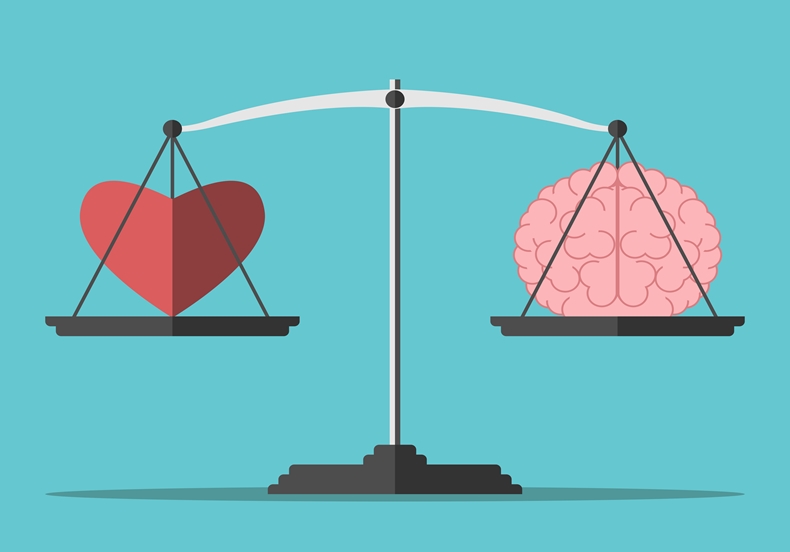Emotional intelligence is the ability to perceive, assess and manage your emotions, use your emotions to further your thinking, and to understand emotional meaning.
Daniel Goleman (1995) in his popular book Emotional Intelligence, identified 5 competencies for emotional intelligence. Let’s see how you relate to them. Don’t worry if you feel you can’t do some of these, as they can all be learned.
The 5 competencies are to be able to:
- Identify your emotional states and the link between emotions, thoughts and actions.
- Manage your emotions.
- Enter into an emotional state that drives you to achieve and be successfull.
- Read (empathy) and influence other people’s emotions.
- Be in meaningful relationships.
How many of these do you feel you are competent in?
Emotions affect and encompass your thinking, your physiology and your relationships. Some people believe that emotional intelligence is crucial if we are to act intelligently!
The word emotion comes from the Latin ‘movere’, to move. The ‘e’ of emotion meaning ‘out’.
Emotions move you out to respond to your environment. They are your primal radar, conveying information to you. Contrary to what some people believe, they need to be lived rather than solved, or overcome.
Emotions are a guide in your life and need to be allowed, listened to and understood. If you de-press them, squash them, distract yourself away from them, be annoyed by them, or judge them as wrong, they don’t just disappear! They bury themselves within your body, only to return as some form of symptom (physical, psychological, behavioural, or spiritual).
So … how do you raise your emotional intelligence?
Here’s 5 steps you can take.
- Understand your emotions: Take time out daily to check in with yourself and see how you are emotionally feeling, and what thoughts go with them. Keep a short diary so that you can get to know yourself and your emotional triggers.
- Think analytically about your emotions. Being angry can motivate you to do something that you later regret. Ask yourself what is behind the emotion. Are you angry when you get home from work and shout at your son/daughter/partner because you’ve been put under pressure at work?
- Understand what makes you emotionally feel good. Is it going to the gym? Reading a book? Socialising? Make sure you timetable this in your day. Also begin to find out what moves you out of an unhelpful emotional state into a more productive one. Does having a bath, going for a walk, or exercising make the difference. Make sure that what you do isn’t destructive for you, such as over-eating or excessive drinking.
- Practice putting yourself in the shoes of others. This will help you perhaps understand the reasons for their behaviours. For example, if you were at work and a colleague doesn’t seem to work as hard as you, then it wouldn’t be emotionally intelligent to directly assume that he or she is lazy. Instead, examine the situation further to know if there are other reasons behind it. Maybe you find that they are afraid to make mistakes, or maybe you find that they lack self-confidence in their abilities.
- Ask your partner, or a close friend how they experience you on an emotional level. What would they say is your most common emotional state? How close do they feel they can get to you emotionally? You might find this step a little out of your comfort zone! Persevere, as the more you get comfortable with discussing your emotions, you more you’ll develop your emotional intelligence.
So … how do you feel!? Start today, and you’ll soon begin to experience a deeper connection with yourself, others, and the world.
Tom.
Dr Tom Barber is an experienced integrative and existential psychotherapist and counsellor, who has been helping people overcome personal challenges for nearly 30 years. He is a bestselling author of 6 books, and spends his time between private clients, teaching and lecturing internationally, writing, and developing programmes to help people improve the quality of their life. Tom is a co-founder of Self Help School, a rich hub of resources and education for people looking for self-improvement. His academic speciality is in the subject of trauma and emotion.


